
The late, great Boston mayor Tom Menino once told me, “Hey, Matt, we’re drinking from a fire hose with a straw. If people give us a good solution, we’ll probably take it because time is not on our side.”
This is true for all local governments.
I served as a deputy to the last two mayors of Austin, and we faced issues of increased growth, community change, and new innovations while working to maintain the character, culture, and unique nature of our community. We faced all these challenges while addressing the daily needs of the city and the budget constraints that limited our actions.
And time was not on our side.
Mayors everywhere are faced with the significant changes occurring as more people are quickly moving back to cities; the paradigms of “live, work, play” are changing, and the significant advancements from the “innovation economy” are bringing new, emerging technologies to people everywhere.
One innovative change in our daily lives is the increased ability to find a vacation or short-term rental, often described by one company name: Airbnb.
And just as Mayor Menino said, local government could use suggestions on how to address the issue because officials don’t have enough time to fully understand everything about the industry and examples of regulations.
Local elected officials across the country and around the world have struggled with how to create effective regulations for vacation rentals and online marketplaces such as Airbnb for nearly ten years. Because of the lack of good regulations, most cities don’t achieve a reasonable level of compliance among rental owners and managers. And since the first well-publicized examples were discussed in 2010 and 2011, these bad rules have been copied from one city to the next, and local budgets have been totally exhausted attempting to provide enforcement.
How do you keep this from happening in your community? Be a friend to your mayor, get involved early, and promote a solution.
Local government leaders are juggling hundreds of agenda items in any given week. They’re faced with emergencies, unexpected problems, and a daily battle to operate within a balanced budget. They start work early and end work late, and in between, they deliberate about everything from the important to the mundane.
To make things worse, local government meetings are a forum for the more colorful community characters to use up the leaders’ limited time. Just watch a “Citizens Communication” or “Open Communication” segment of a city council hearing, and you will see neighbors who spend their few minutes singing carols or grousing about age-old frustrations.
By meeting with your mayor and local government leaders, you can hear what would help them make a good decision. Be a friend to them and they will be a friend to you by building on the good recommendations that you make.
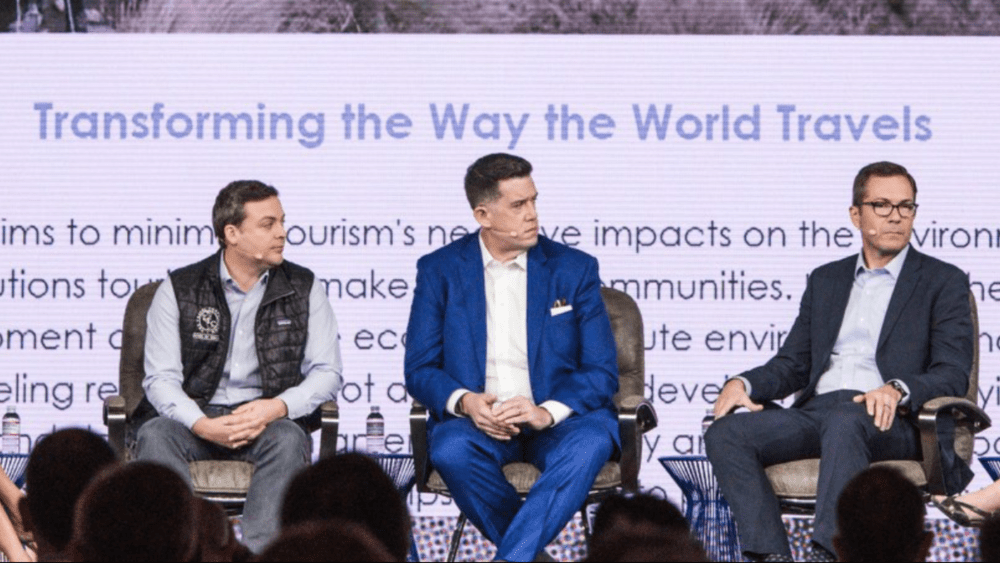
When you become friends with your mayor and local government leaders, they will often help you understand what will make their jobs easier. They will often tell you to organize the local vacation rental stakeholders into a coalition and make a strong recommendation for regulations that could help them address community concerns.
They may just say to you, “All this is good, but can you do something to address the parking complaints?”
Typically, what people call Airbnb regulations will be reviewed and discussed by a local government for six months or more before a local vacation rental manager gets involved. Don’t wait; be your government leaders’ friend now and help them solve their problems while educating them on the nuances of the industry and the positive impact you bring to the community.
Walk into your mayor’s office this week and start building a relationship.
Ask the mayor if they’re hearing anything about vacation rental regulations and let them know you’re there to help.
Over the last few months, our Smart City Policy team has held Best Practice Summits in the Poconos with elected officials and local government staff. Vacation rental managers and owners met with concerned neighbors, homeowners’ associations, and code enforcement directors. Our goal was to educate the group on the wide array of bad examples of regulations that dominate cities and towns everywhere and to discuss the elements of good rules that, when combined, could create an effective local ordinance.
During our Best Practice Summits, we met vacation rental managers who were making great strides with their local governments by organizing coalitions of stakeholders and agreeing to a set of principles and suggested regulations that addressed community concerns. While many of these regulations were tailored to specific issues in various communities, they all maintained similar elements: registration, a single point of contact for nuisance concerns, insurance, notification to the traveler of local rules, noise monitoring systems, documentation of inspection information and any maintenance to the property, and background checks on travelers.
At the same time, we heard these vacation rental managers’ self-regulating solutions: that owners with a history of nuisance problems should be removed from the program, that all operators should ensure that they acquire the necessary insurance, and that a single resource for reviewing and potentially auditing tax remittance should be available.
These recommendations from vacation rental managers and stakeholders were thoughtful. They addressed the concerns of the community regarding nuisances, experience, and taxes. And most of all, they included strong rules to get all vacation rental operators to register in the program and provided a path to remove registrations from bad actors.
One recommendation came up that could be an answer for communities everywhere: that anyone operating a vacation rental for any length of time must engage a professional vacation rental property manager who is registered with the city. This recommendation could narrow the sea of different rental contacts some cities must document to a reasonable number of professional managers.
We spoke about our Best Practice Summits this fall at the National League of Cities, where mayors and council members consistently told us, “We don’t hear from vacation rental managers or owners until it’s too late.”
We also spoke about our Best Practice Summits during the annual Phocuswright Conference to an audience of travel and technology leaders, where we consistently heard another response: “We don’t know how to speak to local governments.”
The answer lies in the following responses: “Get involved early, promote a solution that works for you and your group, and be a collaborative partner with your mayor and council members.”
Start by becoming friends with your mayor. Help them by understanding their concerns and giving them a good solution.
Becoming a friend to the mayor will help you become an effective community leader rather than an embattled industry opponent.


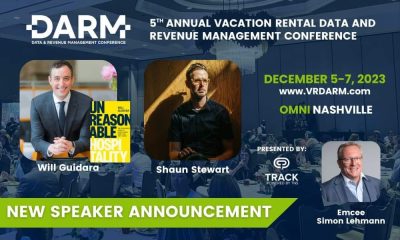
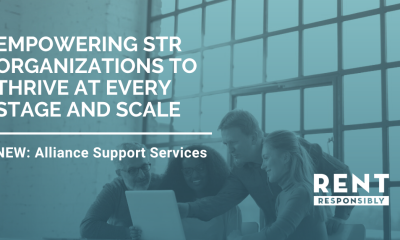
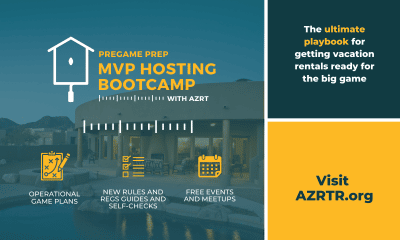


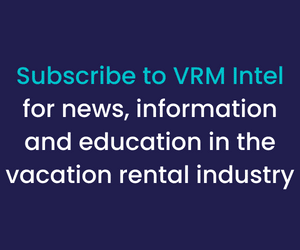




RSS